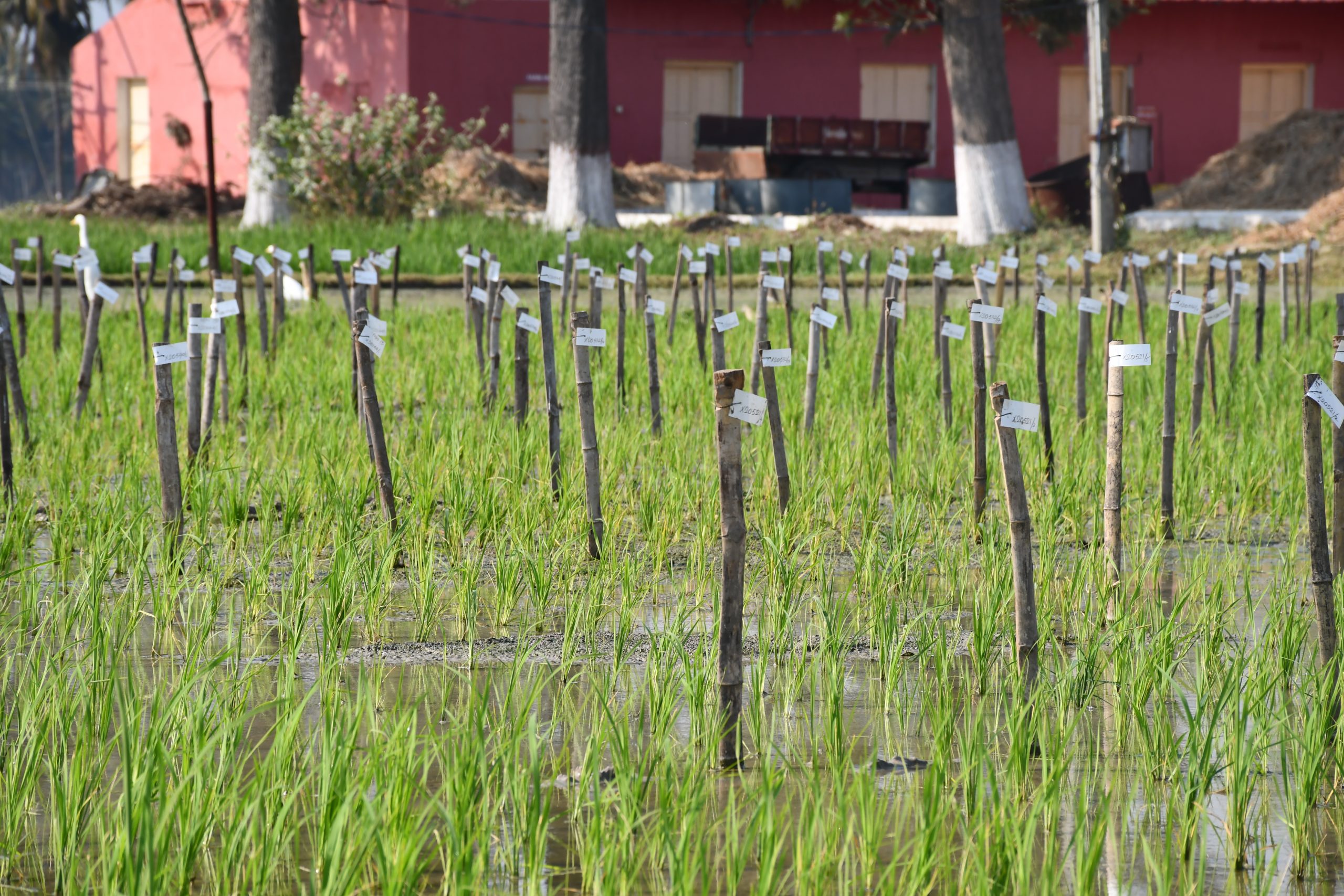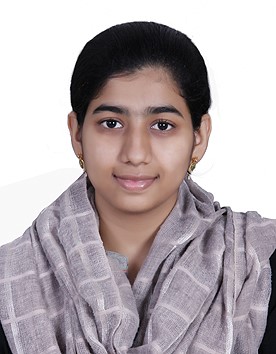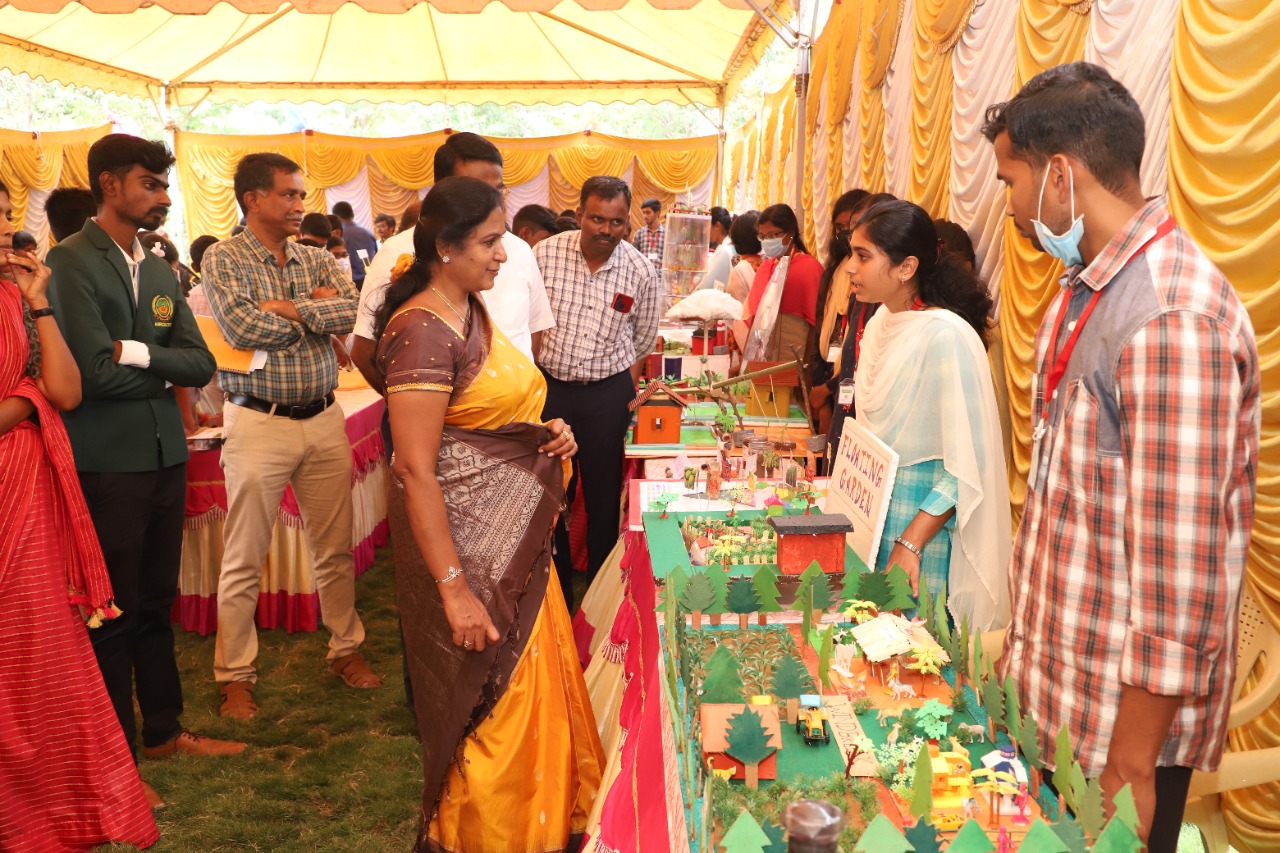The Tamil Nadu Agricultural University (TNAU) had its genesis from establishment of an Agricultural School at Saidapet, Madras, Tamil Nadu, as early as 1868 and it was later relocated at Coimbatore.
Get in touch
- info@tnau.ac.in
- 0422 6611200
- Monday to Friday: 9am to 5pm

M.Sc. (Ag.) in Genetics and Plant Breeding
Prelude
A master’s degree in Genetics and Plant Breeding is a two-year postgraduate study in agriculture. Genetics and Plant Breeding a relatively new and rapidly growing field of contemporary biology. The art and science of modifying plant features to create desirable qualities and, as a result, increase the quality of nutrition in human and animal products are covered in the curriculum. Aspirants will largely learn technical techniques for improving varieties and genetic stocks, changing the genetic make-up of plants and developing novel breeding strategies to increase food, feed, and fibre production.
Why this programme?
- To orient the Post graduate students to experience the techniques involved in the development of new varieties besides underlying the genetic principles
- The programme will also facilitate the students to undergo individual research programme
Study Programme
The Masters programme in Genetics and Plant Breeding has been designed following the ICAR guidelines. The course imparts:
- Students an enabling environment for better learning
- Develop globally competitive human capacity in Genetics and Plant Breeding
- Promote research on frontier areas for developing high performance and nutrient rich crop varieties
- Foster international alliances and collaborative initiatives to reach global excellence.
- Promoting entrepreneurial skills of post graduate students.
More details on the list of courses and research work experience to be gained is listed here.
To replace table content
Sl. No. | Course No. | Title | Credit hours |
Major Courses | |||
1. | GPB 501 | Principles of Genetics | 2+1 |
2. | GPB 502 | Principles of Cytogenetics | 2+1 |
3. | GPB503 | Fundamentals of Quantitative Genetics | 1+2 |
4. | GPB 505 | Principles of Plant Breeding | 2+1 |
5. | GPB506 | Molecular Breeding and Bioinformatics | 2+1 |
6. | GPB511 | Crop Breeding-I (Kharif crops) | 2+1 |
7. | GPB512 | Crop Breeding-II (Rabi crops) | 2+1 |
Minor Courses | |||
8. | GPB 518 | Genetic enhancement for PGR utilisation | 1+1 |
9. | BIC 501 | Plant Biochemistry | 2+1 |
10. | PLP 502 | Principles of Plant Physiology-II Metabolic processes and growth regulation | 2+1 |
Supporting Courses | |||
11. | STA 501 | Applied Statistical Methods | 2+1 |
12. | STA502 | Experimental Designs | 2+1 |
Compulsory Non-credit Courses | |||
13. | PGS 501 | Library and Information Services | 0+1 |
14. | PGS 502 | Technical writing and communication skills | 0+1 |
15. | PGS 503 | Intellectual property and its management in agriculture | 1+0 |
16. | PGS 505 | Agricultural Research, Research Ethics and Rural Development Programmes | 1+0 |
17. | PGS 504 | Basic concepts in laboratory techniques | 0+1 |
Colleges offering
The master programme in M.Sc. (Ag.) in Genetics and Plant Breeding is offered by Coimbatore, Madurai, Killikulam and Trichy campus
Application and Admission
Interested in taking part in the program of Soil and Water Conservation Engineering? Find out more about the specific Admission requirements and the application procedures from our official website. If you doubt whether admission is possible, feel welcome to apply online. The Admission Committee will check your admissibility.
Future Career
After completing their MSc in Genetics and Plant Breeding, students can pursue a PhD.
The seed business, crop research directories, crop plantation facilities, plant breeding centres, nurseries, agriculture ministries, genetic engineering firms, research laboratories, biotechnology corporations, and other employers hire M.Sc in Genetics and Plant Breeding graduates.
Master’s in Genetics and Plant Breeding course
Master Courses
After admission the students undergo a set of courses that help them understand the basics of Genetics and Plant Breeding as per the Choice Based Credit System (CBCS) with a total credit load of 55 credits, of which 20 credits are exclusively earmarked for their Thesis Research.
Master’s thesis research
After completing the courses in the first year, the students start their thesis research. Each student is assigned to an experienced faculty, approved by the Dean of School of Post-Graduate Studies, who would guide the student on his/ her choice of research topic
Research internship
The students are exposed to several scientific events like symposia and conferences. Many are encouraged to have internship training at other institutes for a couple of months, either in India or abroad.
Student Experiences

I, Fathima Sinana H, doing my masters programme in Genetics and Plant Breeding at CPBG, TNAU. I feel glad and thankful to have the opportunity to study in this prestigious university. TNAU has provided me a wonderful environment and opportunity to learn and grow myself academically & personally.
I have learnt many things and have greatly improved my knowledge. I like the faculty as they have taught me and sculpted my knowledge. My teachers were very helpful in doing my research work. I’m currently doing my research work on ‘Genetic diversity analysis in maize’. My future plan is to pursue doctoral programme in this university.

I am really proud to be a part of Genetics and Plant Breeding family and also I had the opportunity to work in such a 110 year old and heritage rich research station the Paddy breeding station, Coimbatore.
Working there are the day I can’t forget, our research experience and knowledge of the professors are marvellous. In 1 year of research work will not be able to learn everything from them, but I learned as much as possible as I could. The research facilities in 110 year old Paddy Breeding Station are well developed for carrying out most of the research activities for Molecular and field related works.
We attend the course work is online, but even though our professors through video they showing. Field activities like crossing techniques and lab experiments for applying Ph.D. the knowledge gained during M.Sc. was very useful especially for clearing ICAR – SRF examination and apply for Foreign Ph.D., the technical knowledge I gained during M.Sc. for place in private seed companies.

